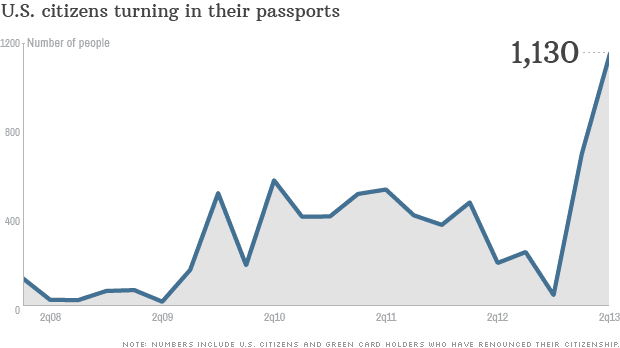Annie
Diamond Member
- Nov 22, 2003
- 50,848
- 4,827
- 1,790
 :duh3:
:duh3: http://www.jpost.com/servlet/Satellite?cid=1150885867182&pagename=JPost/JPArticle/ShowFull
Number of US visas to Saudis doubles
Michael Freund, THE JERUSALEM POST Jun. 28, 2006
For the first time since the September 11 terrorist attacks in New York and Washington, the US State Department has begun to sharply increase the number of entry visas granted to Saudi Arabian nationals seeking to visit the United States, The Jerusalem Post has learned.
Figures obtained by the Post reveal that after three years of steady decline, 2005 saw the number of US visas issued to Saudis remain relatively stable, while this year the number has more than doubled.
In an e-mail to the Post, Amanda D. Rogers-Harper, a spokeswoman for the US State Department, confirmed that as of June 10, a total of 18,683 non-immigrant US visas had been issued to Saudi citizens since the start of the current fiscal year.
"This," she noted, "is twice as many as the 9,338 issuances to Saudis" in the corresponding period last year, marking an increase of over 100 percent in just the past 12 months.
The US government's fiscal year begins October 1.
By contrast, the number of visas issued to Saudis in all of fiscal year 2005 was 22,521, which was nearly equal to the 22,235 that were granted the year before.
"We are pleased to see an increase in visa applicants at posts around the world, including Saudi Arabia," Rogers-Harper said, adding that this year's increase could be attributed to "a new student scholarship program funded by the government of Saudi Arabia, which encourages students to pursue their studies in the US.
"We hope to see a continuation of this positive momentum," she added.
In 2001, the US granted 83,761 non-immigrant visas to Saudis, but that number plummeted after 9/11. Fifteen of the 19 hijackers who carried out the attacks were Saudi citizens.
Subsequently, in fiscal year 2002, the number of visas given to Saudis slumped to 30,065, followed by a further decline in 2003 to 23,254.
Asked what measures were being taken to ensure that potential terrorists do not exploit the increase in the number of visas to the US, Rogers-Harper said: "The security of our visa processing continues to be of paramount concern to the Department of State and the Bureau of Consular Affairs. All applications are carefully screened in real time against a database and name-check system that has been dramatically expanded since September 11, 2001.
"The department," she continued, "has also increased data-sharing with other agencies and law enforcement organizations to ensure that those who receive US visas have been fully screened against these databases."
Figures regarding the number of Saudi applications for visas that were turned down were unavailable, as the State Department declined to release them.
"We do not release refusal rates for any posts around the world because they are constantly changing and there are different types of refusals, including a number of temporary categories," Rogers-Harper said.



